
AI Personal Assistants Could Buy Your Groceries and Book Your Plane Tickets
Advances in agentic artificial intelligence offer convenience but raise concerns about privacy and security.

Advances in agentic artificial intelligence offer convenience but raise concerns about privacy and security.
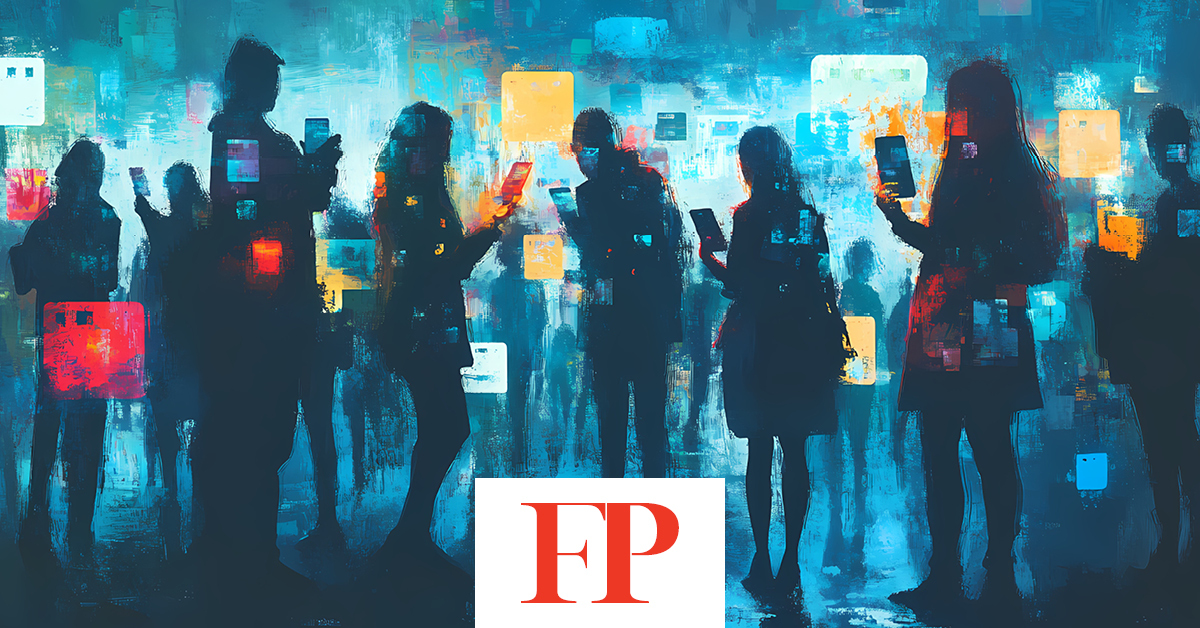
What Mark Zuckerberg’s change of heart on misinformation means for the world.

The 2024 U.S. elections were plagued by disinformation, shaping voter perceptions on key issues like immigration and crime. As Trump’s second term begins, his disinformation machine seems poised to escalate.
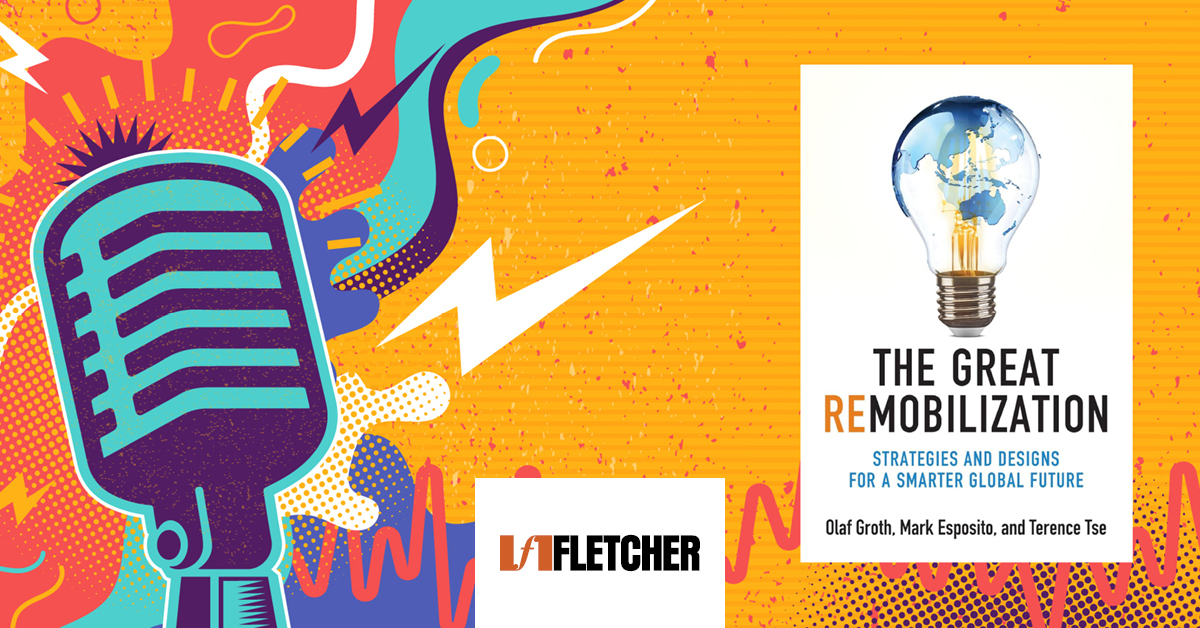
In an in-depth conversation, Digital Planet Chair Bhaskar Chakravorti explores the shift in the global economy in a post-COVID-19 world with global strategist Olaf Groth, who co-authored The Great Remobilization. The book offers a comprehensive look at the evolving global business and geopolitical landscape.

US President Joe Biden’s decision to withdraw from the upcoming election has catapulted Kamala Harris into the national and international spotlight. Digital Planet Chair Bhaskar Chakravorti explores the key contentious issues Harris will face and some of the policy stands she must take to fortify her candidacy.

The U.S. Congress missed an opportunity. Instead, it published a road map that fails to address the key challenges posed by new technologies

Amid war, Ukraine’s tech adapts: from service-led to aiding efforts & planning Smart Ukraine. SET’s Iryna Volnytska trains women; Bhaskar Chakravorti studies the shift.”

Regulatory panic could do more harm than good. Rather than poor risk management today, rules should anticipate the greater risks that lie ahead.

Deloitte & Fletcher School’s study reveals strategies for enhancing investor trust in sustainability disclosures, highlighting the critical role of reliable data and the growing importance of sustainability in investment decisions.
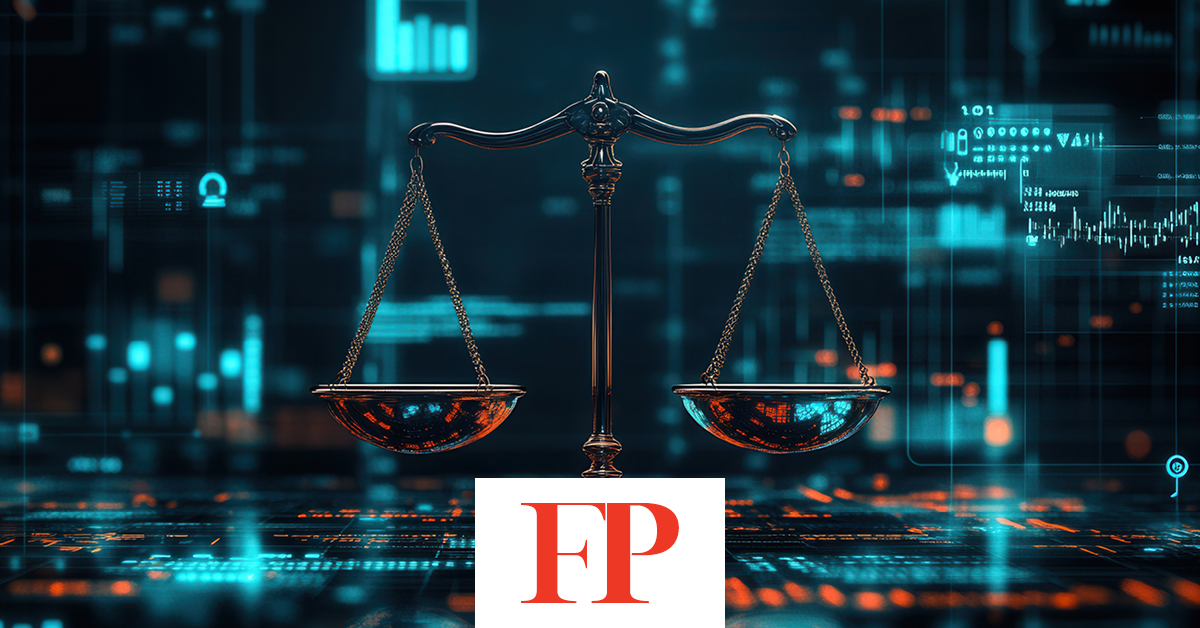
In 2023, AI’s breakthrough led to Big Tech dominance. Regulators, aiming to protect, unintentionally fueled accelerationists’ power, raising consolidation risks.

AI power shifts globally impact prioritized applications, societal benefits, economic sectors, data for training algorithms, biases inclusion, and innovation versus safeguards balance. 25 nations compete for AI leadership.

Join us on October 12 to celebrate a watershed moment in technology. The first call from a mobile phone was made 50 years ago. Since then, the cellular phone has gone from a communicator to a life assistant. Bhaskar Chakravorti will moderate the speaker panel.
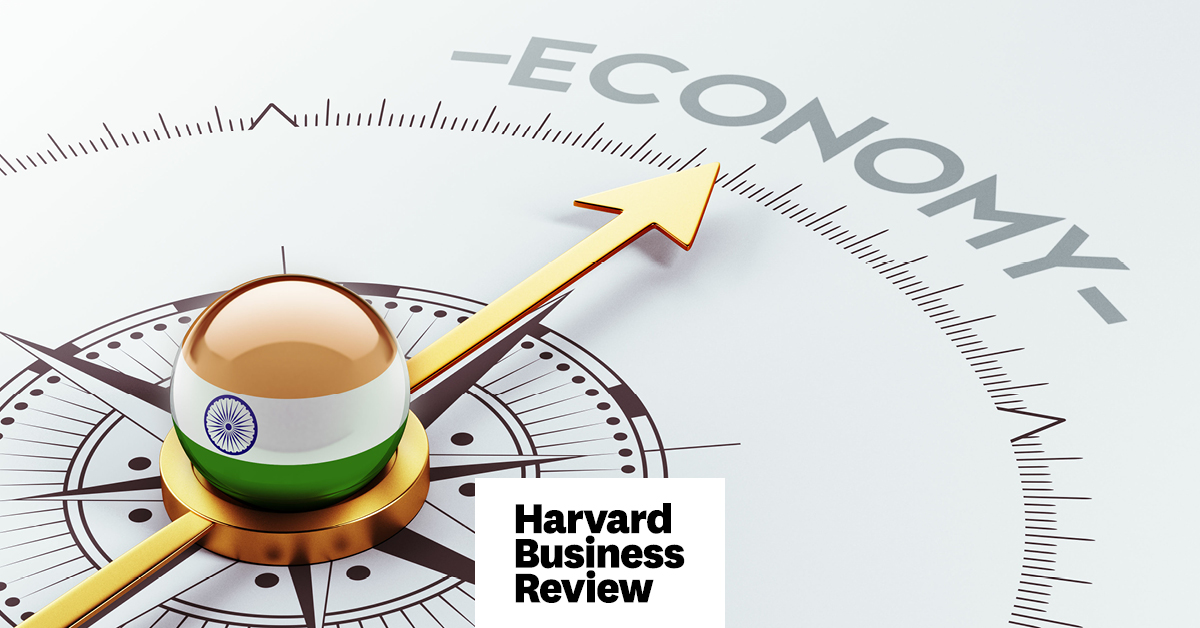
India’s economic rise seems promising with drivers like demand, supply, policy reforms, and geopolitics, but challenges remain.

In this interview, Bhaskar Chakravorti discusses the importance and future of digital public infrastructure with Hindol Sengupta.
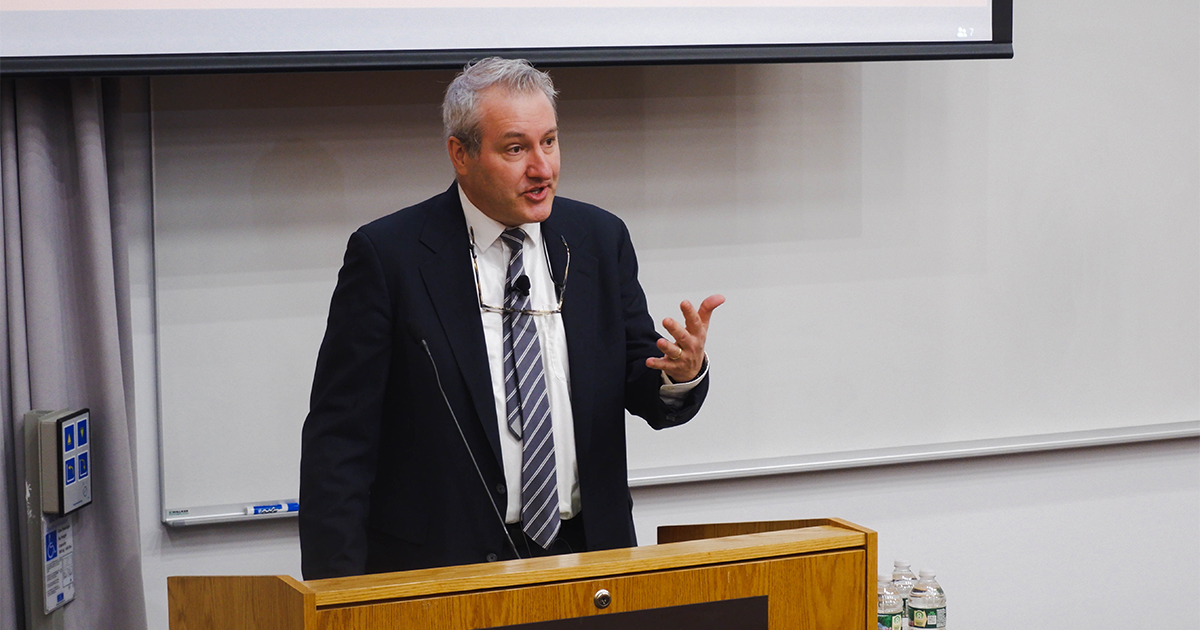
The Fletcher Political Risk Conference hosted a discussion between Professor Chris Miller, author of “Chip War: The Fight for The World’s Most Critical Technology,” and Dean of Global Business Bhaskar Chakravorti.
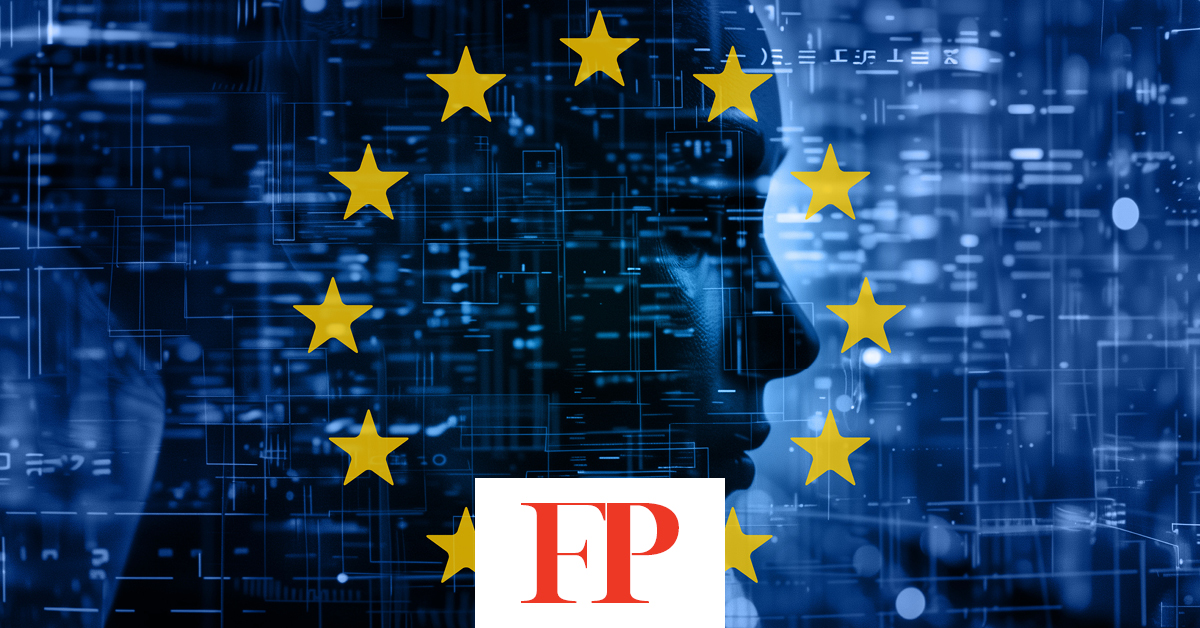
Regulating artificial intelligence to protect U.S. democracy could end up jeopardizing democracy abroad.

AI disrupts work, promising productivity but risking job loss and income inequality. Research may focus on wrong problems, missing chances to aid humanity.

A look at how previous waves of digital technologies affected workers offers some insight into AI’s potential impact in the years to come.

Virtual symposium on climate & sustainable development in India with Amitabh Kant, William Bissell, & Rachel Kyte, moderated by Gaurav Dalmia & Bhaskar Chakravorti.

New digital technologies have been a constant for workers over the past few decades, with a mixed record on the economy and individuals’ daily lives. AI’s effect will likely be just as unpredictable.
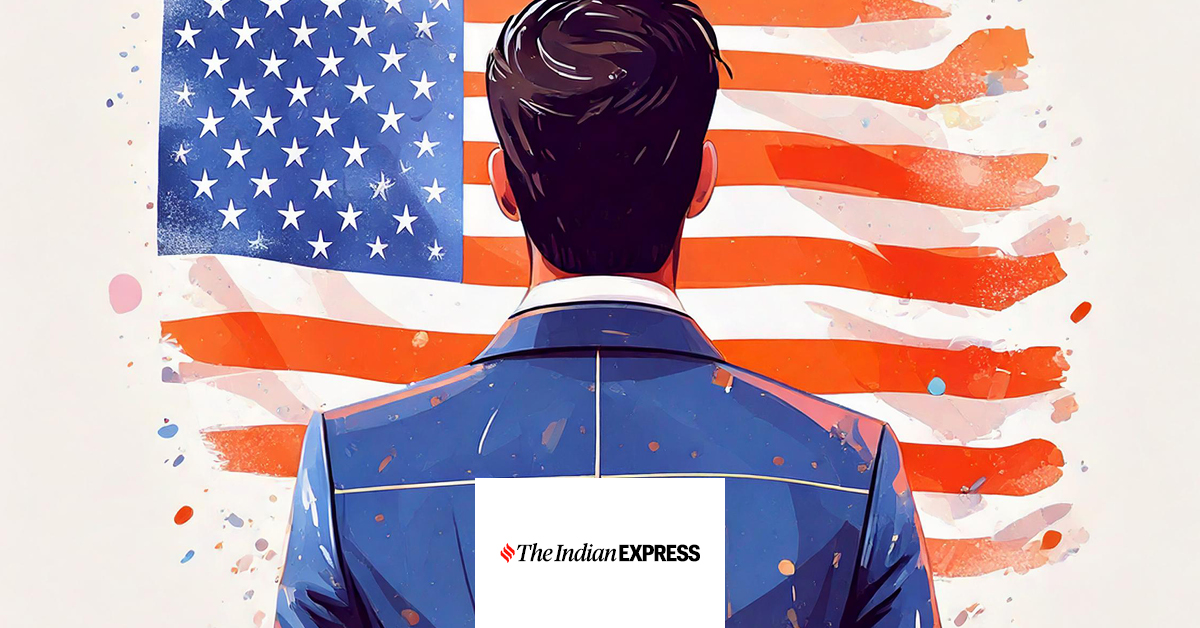
In America, India’s most famous ‘heir’ pulled back the curtain, seemed more accessible. His message of tolerance was welcome, but the Congress leader was short on specifics.

Few paid attention to the fact that the first alert of a mysterious new virus out of Wuhan, China, came through AI.

The scandal may rattle India’s elite just enough to jump-start long-neglected reforms.

Musk’s conflicts of interest make him too dangerous to run the global public sphere.

Twitterati should take a sabbatical from the platform until guarantees of good governance, decency and fairness are rebuilt.

To find diverse AI talent, companies will need to look outside the usual technology talent hubs.

It is time we reformed the education of future entrepreneurs and disruptors and the many stakeholders who enable them, to put the human cost of disruptive innovation front and center.
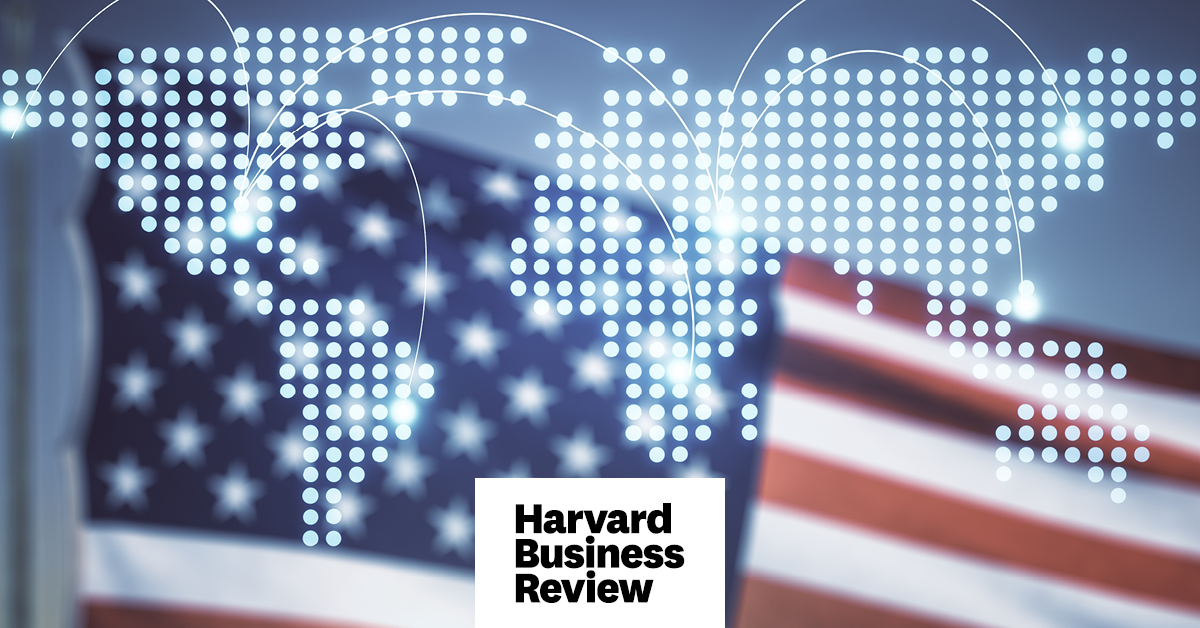
Right now, half of Americans aren’t using broadband internet. In an effort to close this digital divide, the Biden administration has launched the Internet for All initiative: a massive investment of funds to expand access to high-speed internet in the world’s most valuable and second most evolved digital economy.

Ukraine’s tech outsourcing sector, one of Europe’s largest, has adapted nimbly to the war.

Taking Twitter off the public equity markets, as he wants to, would give him license to do as he pleases with the platform.

It is an oxymoron. Parallels between Russia’s and India’s attempts to shake free of US Big Tech’s hegemony are worrying.

Bhaskar Chakravorti discusses how the war in Ukraine is impacting the technology sector.

Businesses are unlikely to face similar pressures in an Asian crisis.
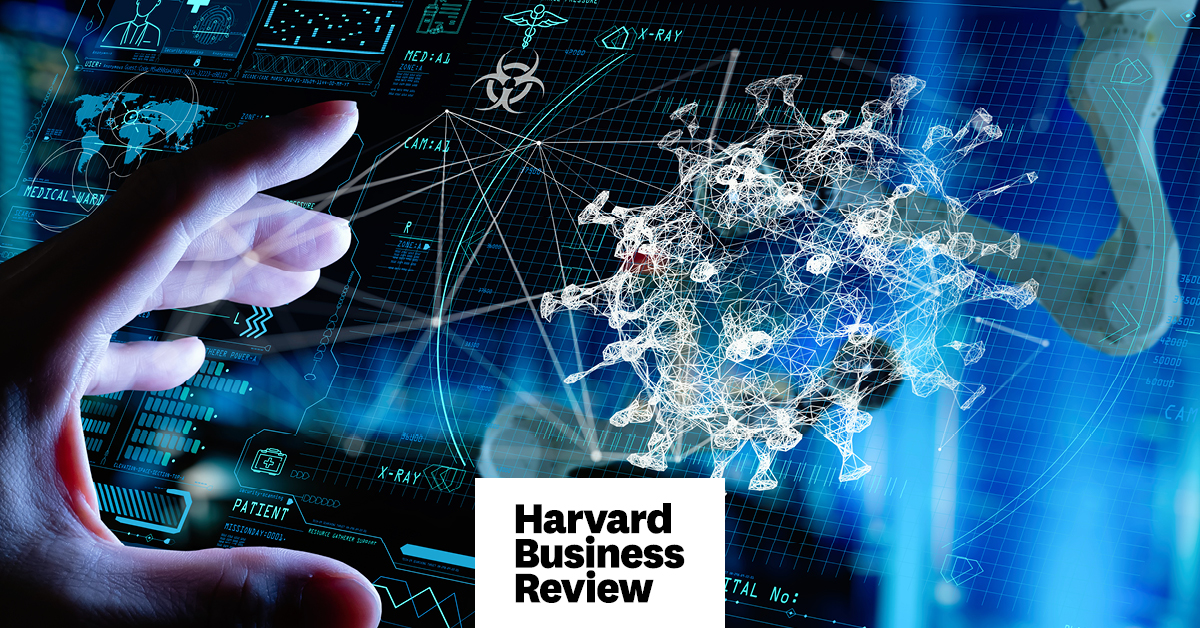
The pandemic could have been the moment when AI made good on its promising potential. There was an unprecedented convergence of the need for fast, evidence-based decisions and large-scale problem-solving with datasets spilling out of every country in the world.

TikTok School challenge – what’s happening and what’s being done. Twitter disinformation campaign in Kenya and the lack of diversity in the AI workforce across the world.

Tom, Joe and Kim talk about the impact of Omicron on the economy, labor issues, vaccine mandates and inflation
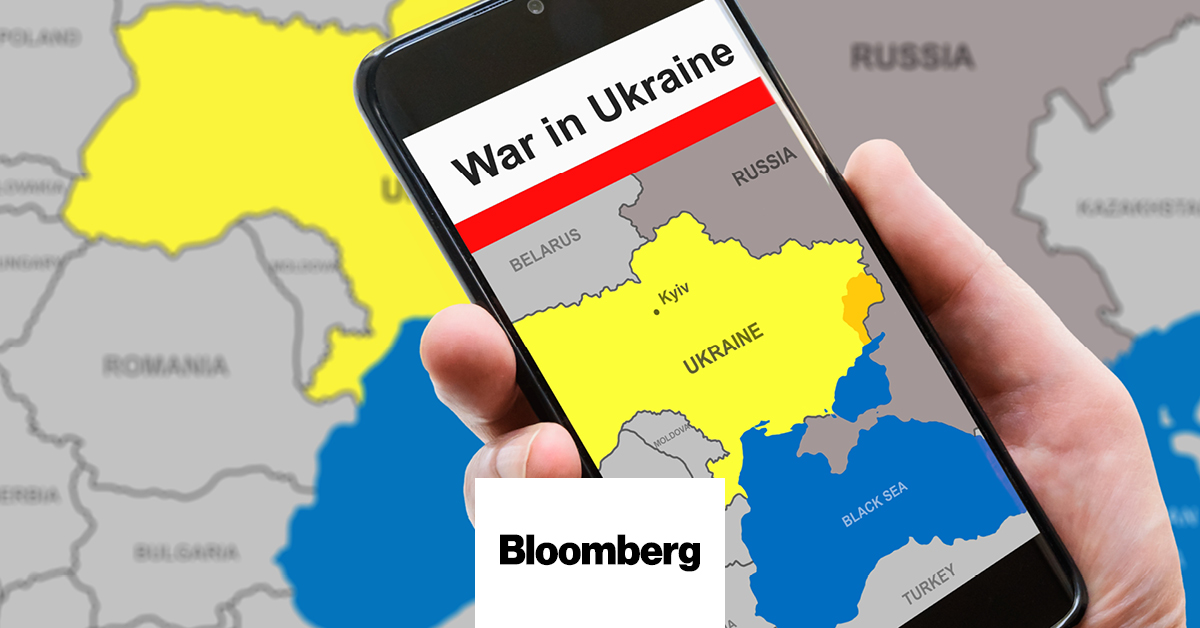
Bhaskar Chakravorti discusses the global technology implications of the war in Ukraine.
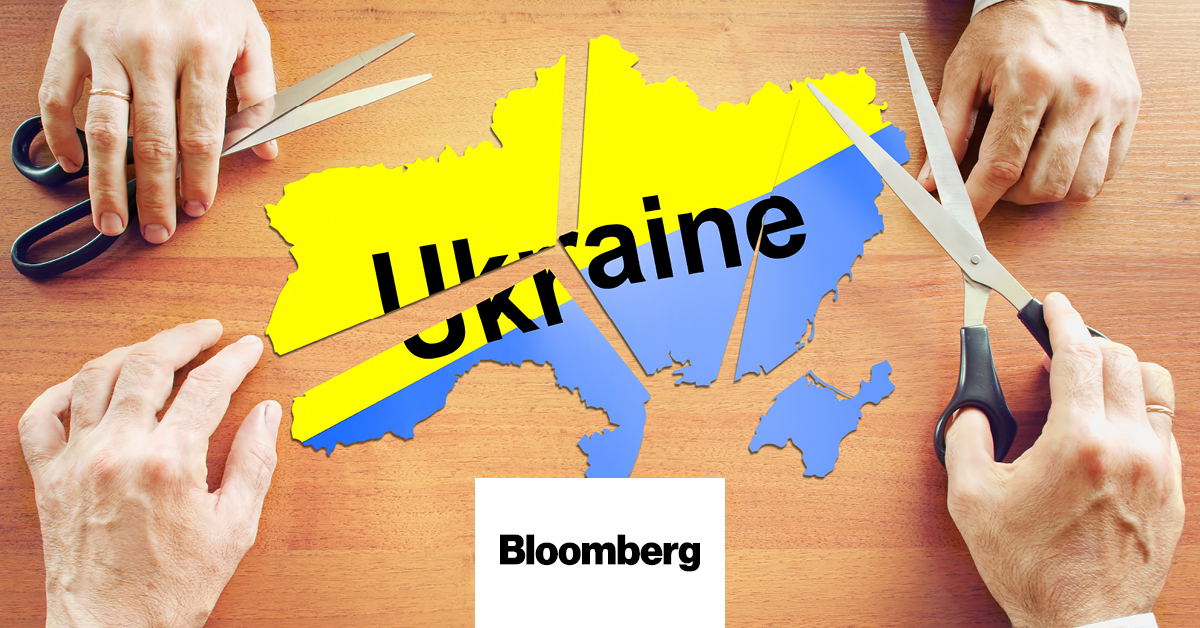
Bhaskar Chakravorti provides analysis on how Russia’s invasion is devastating Ukraine’s burgeoning tech industry.

Bhaskar Chakravorti discusses the reasons behind Chairman Xi Jinping’s crackdown on fintech companies and investor interest in India’s startups.

Soniya Gokhale interviews Bhaskar Chakravorti on misinformation and the dilemma it poses for governments globally.

Bhaskar Chakravorti discusses how Mark Zuckerberg’s Meta can help close the digital divide in America.

Bhaskar Chakravorti joins Bloomberg to discuss Facebook’s rebrand.

Media rightly criticizes Facebook, but are they including the people who’s voices really matter in this discussion?
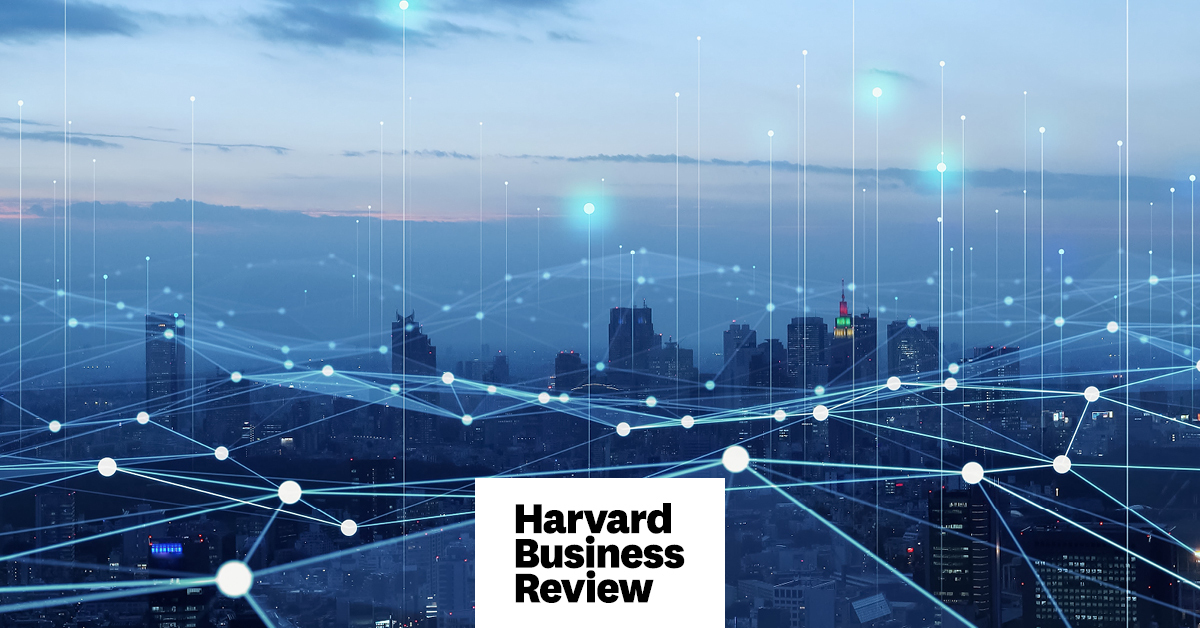
The co-authors discuss the top 50 cities for Artificial Intelligence talent and the need for a diverse workforce.
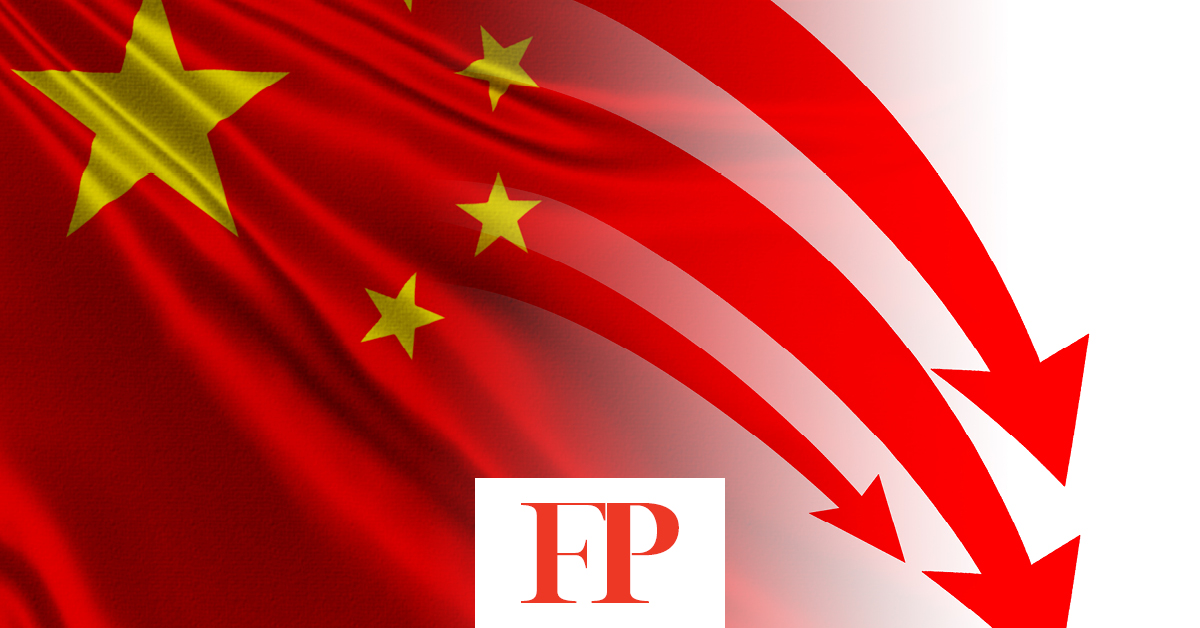
Following President Xi Jinping’s crackdown on the Chinese tech industry, Bhaskar Chakravorti says investors are setting their sights on India.
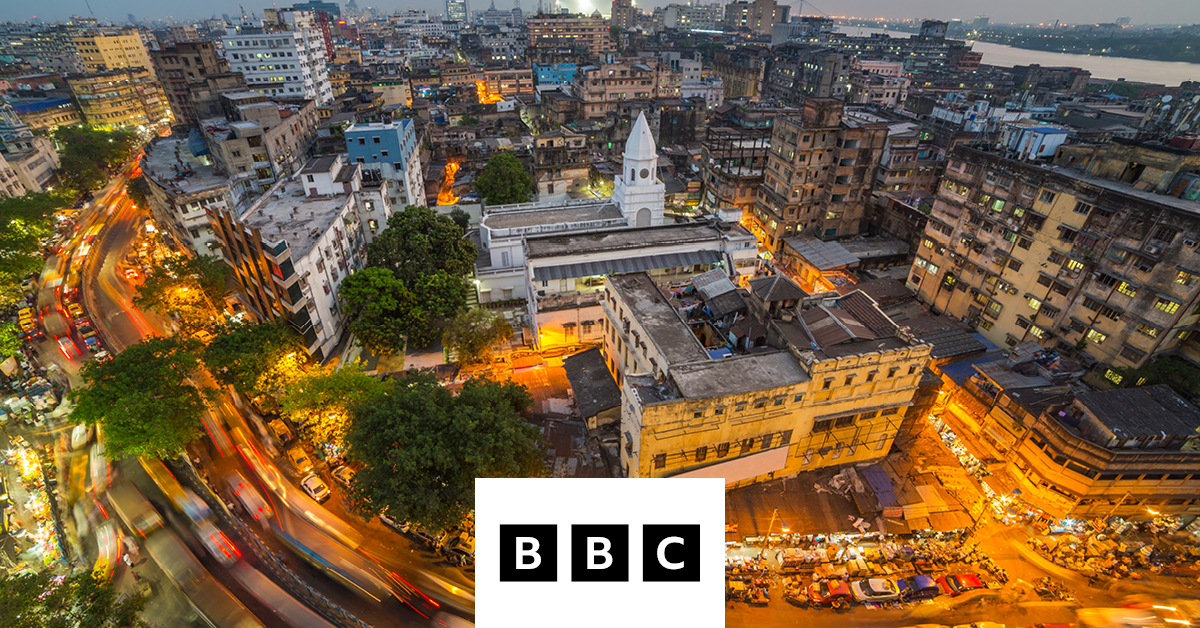
Bhaskar Chakravorti on the BBC discusses India’s plan for a new digital census, and explains the challenges and opportunities that come along with it.

Bhaskar Chakravorti is interviewed about privacy law for minors in the U.S., and claims it is acutely behind the effort.

The last thing India can afford is a bubble that bursts and for capital, talent and technology to take flight and seek refuge elsewhere.

As a part of Nasdaq’s “World Reimagined” series, Bhaskar Chakravorti and Ajay Banga discuss the importance of building a more digitally inclusive world, and what barriers need to be addressed in doing so.

Whether it’s about US elections or COVID vaccines, misinformation continues to spread like wildfire on social media with very real and, in some cases, dire consequences. But some people are more vulnerable than others. Why? And what can be done to keep people safe? Bhaskar Chakravorti breaks it all down.
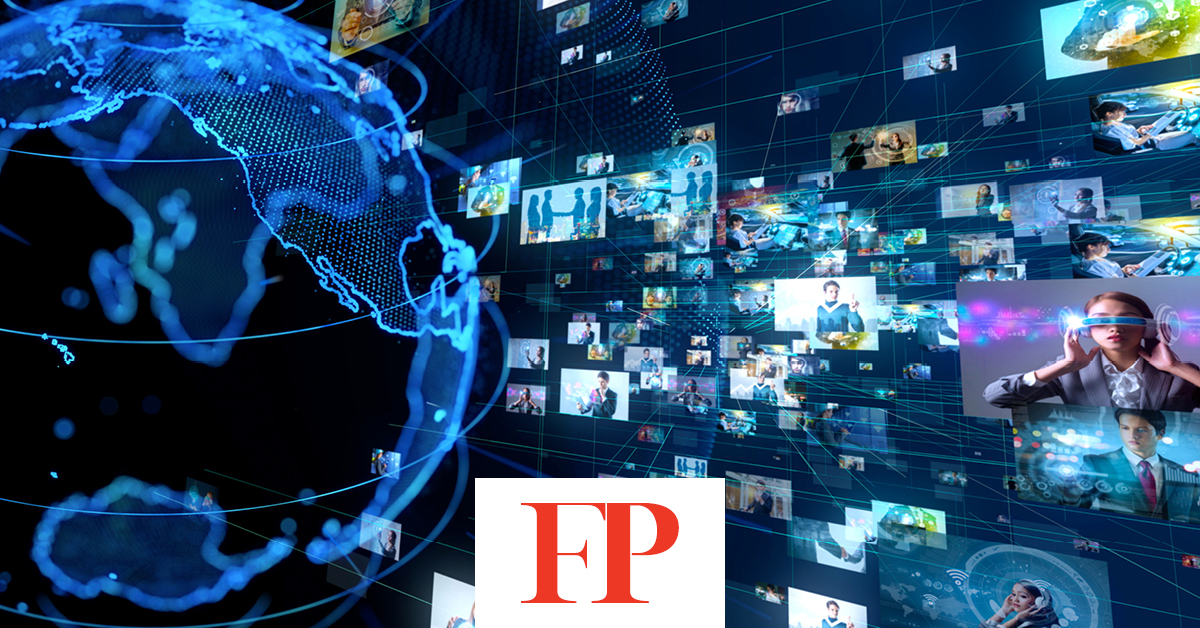
The technology is too important to be left in the clutches of Silicon Valley.

The U.S. government is negotiating a plan to address one of the most important — but overlooked — problems facing the country: the digital divide.

As the Federal Trade Commission chair, the best thing she can do to regulate tech is nothing.

Companies recruiting in STEM fields need to look beyond Atlanta and Miami.
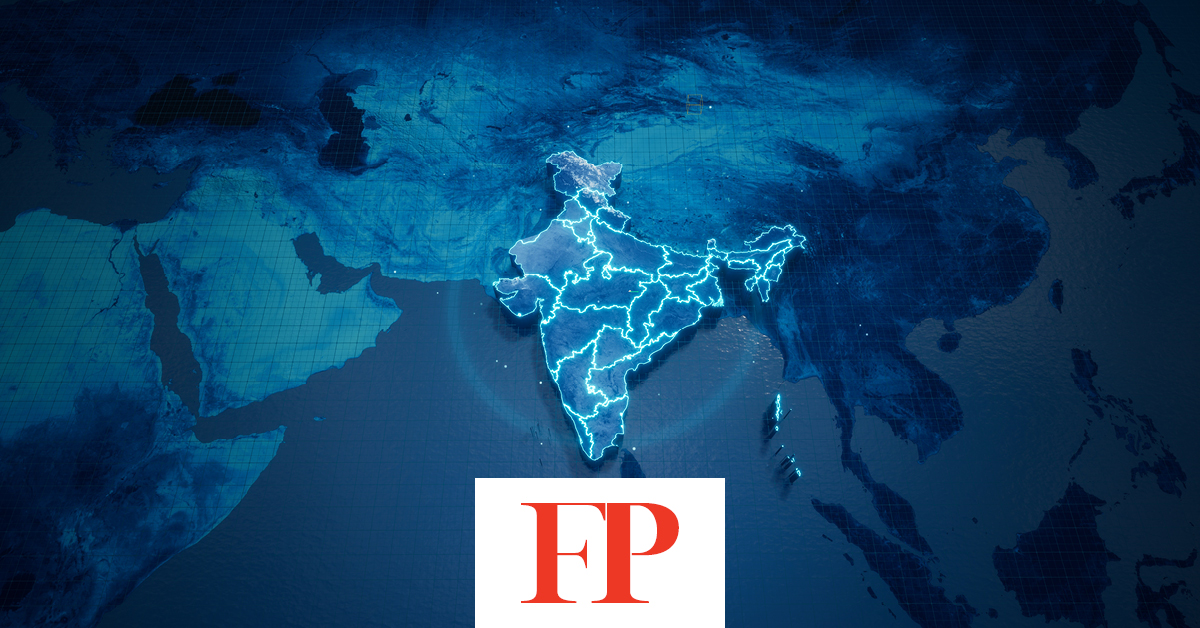
India is a warning about unintended consequences for those looking to regulate Big Tech in the United States.
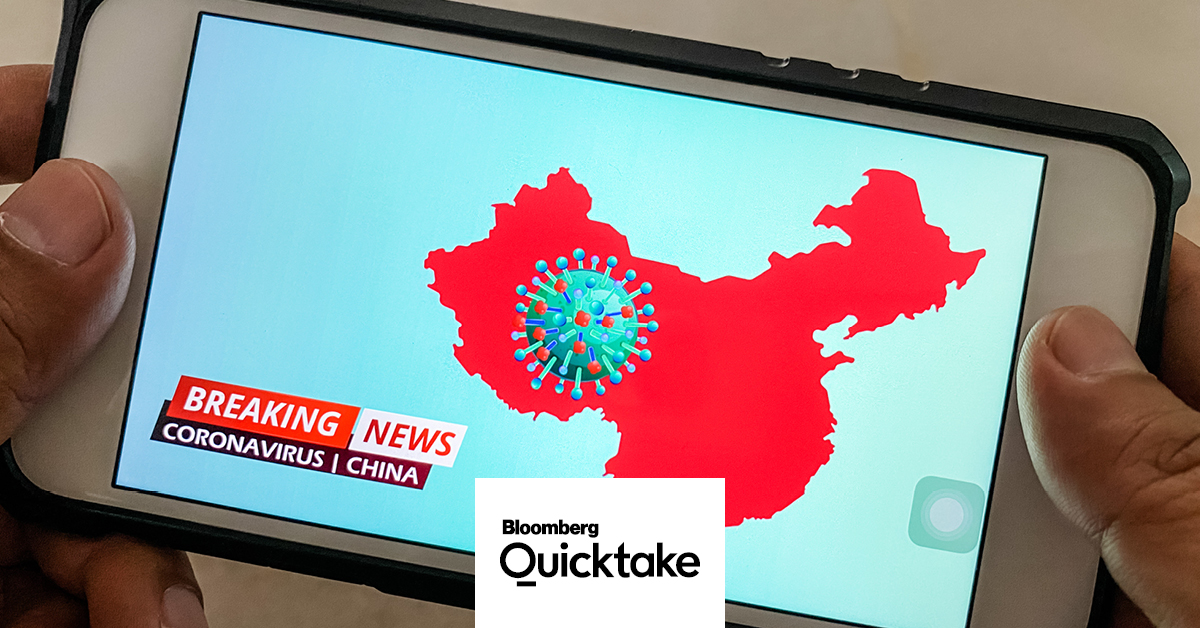
Bhaskar Chakravorti says our reliance on tech in the pandemic “fast-forwarded” everyday life into the future, even though our lives were put on pause.
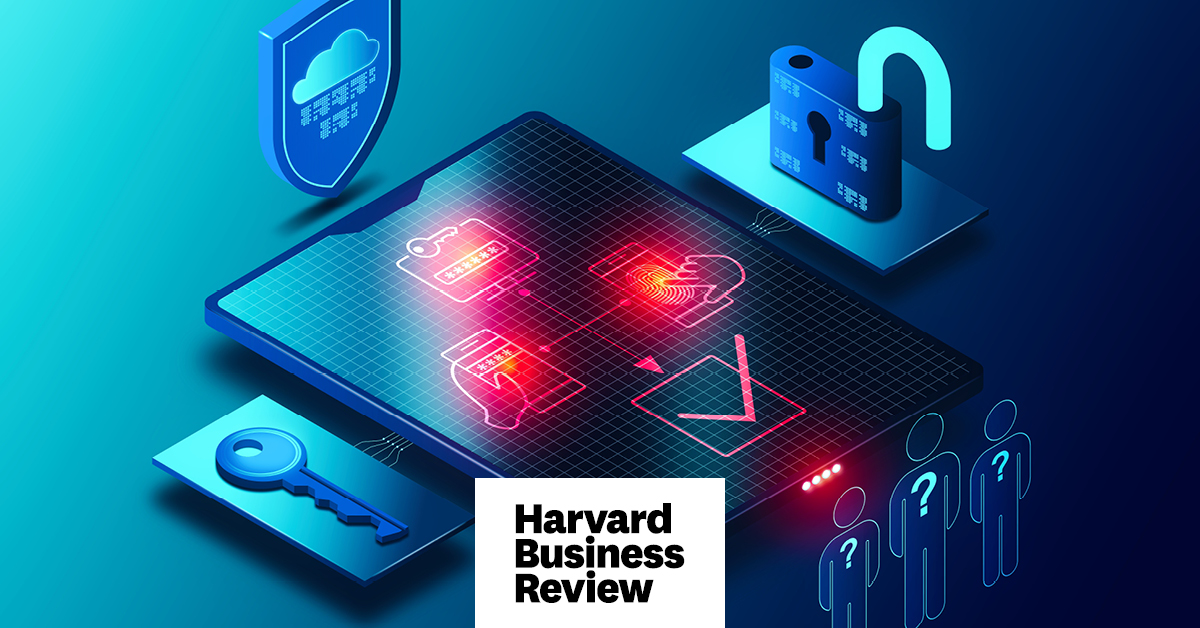
As economies around the world digitalize rapidly in response to the pandemic, one component that can sometimes get left behind is user trust. What does it take to build out a digital ecosystem that users will feel comfortable actually using?

Bhaskar Chakravorti explains the changes that will likely be made to the tech industry following the Capitol riots on January 6, 2021. Read his article in Foreign Policy for more.
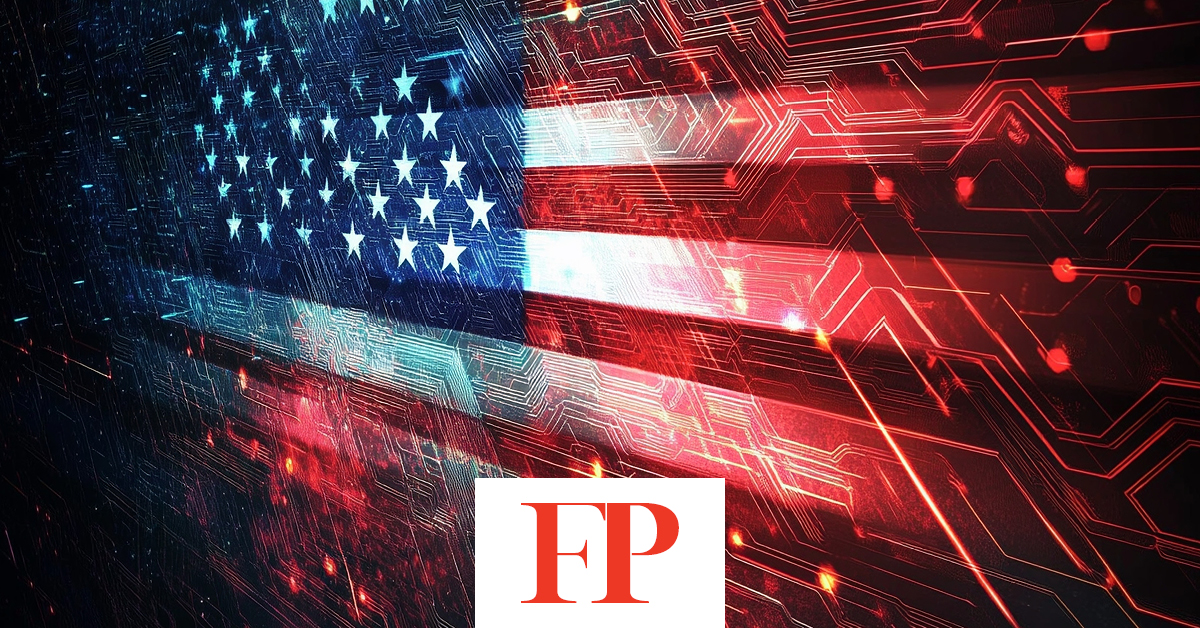
It can help solve many of his problems, yet so far, Biden has distanced himself from the sector. That has to change.

It is time to imagine the boulevards and sewers that will emerge at the end of this pandemic. To consider this, we must ask what from 2020 should we reinforce, what must we rebuild and what should we tear down and build again?

Now more than ever, digital capabilities are essential to ensure a country’s growth and economic resilience. But how do different economies compare as far as the current state and ongoing momentum of their digital development? And how have these factors impacted their experiences during the pandemic?

This webinar discusses the future of AI, how it is being deployed, and the policy and legal issues being raised. Speakers explore ways to mitigate possible concerns and how to move forward safely, securely, and in a manner consistent with human values.
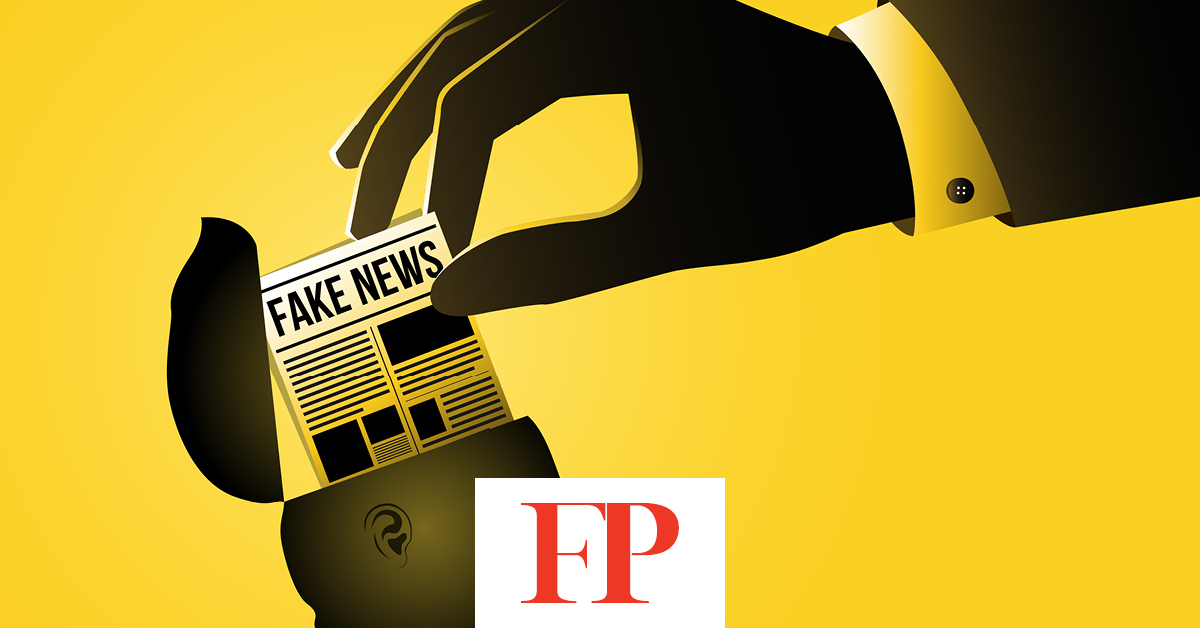
Bhaskar Chakravorti discusses the spread of misinformation across social media platforms, which has increased as we draw closer to the 2020 presidential election.
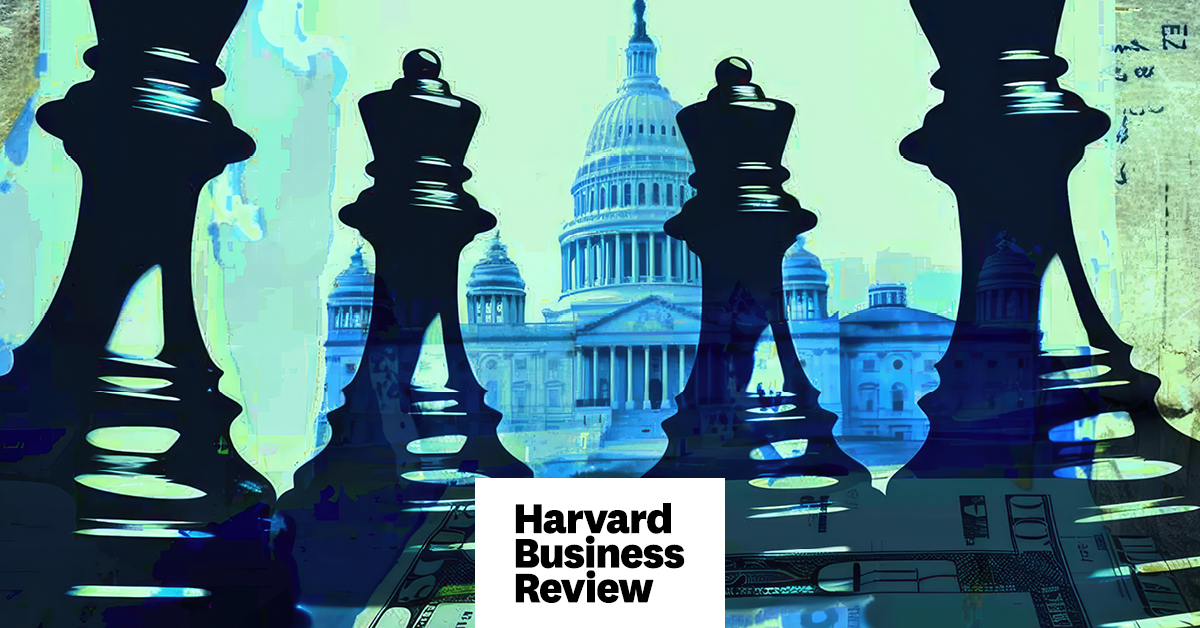
In his latest article in HBR, Bhaskar Chakravorti asks whether or not anti-tech antitrust is the right tool to address America’s biggest technology problem.
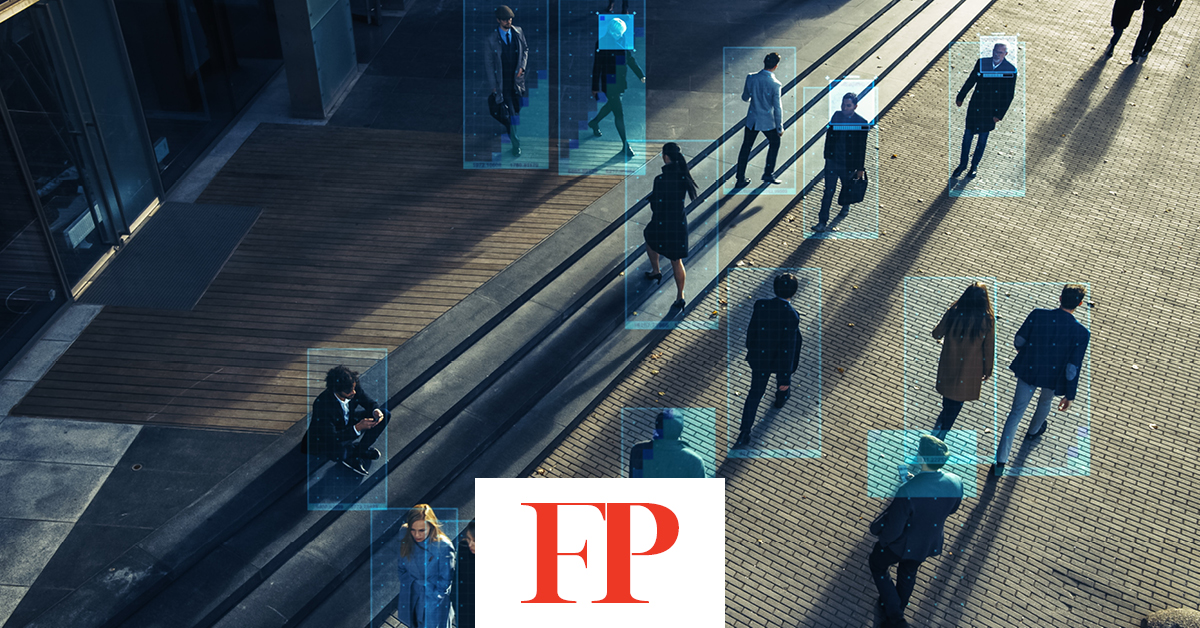
Congressional action has typically left big tech firms intact, instead mandating that they improve access for all consumers. Washington should stick to that model.

Bhaskar Chakravorti writes about eight digital realities of the Indian market and the realities behind initiatives to digitize the country.

Bhaskar Chakravorti discusses research from Digital Planet, which found that India is one of the least equipped countries for remote-working readiness.

While working from home is an option for the digitally-connected, much of the U.S. and the rest of the world aren’t ready to support a remote workforce.

ICE’s international student ban is a politicized pandemic response that hurts America.

Using insights gathered from Digital Planet’s “Work from Home or Out of Work” report, Bhaskar Chakravorti discusses whether working from home allows employees to be more productive or not.

Bhaskar Chakravorti explains the mixed success of automated contact tracing experiments around the world and how this spells trouble for U.S. efforts to rein in COVID-19.

“We’re missing a system that defines and grants users “digital agency” — the ability to own the rights to their personal data, manage access to this data and, potentially, be compensated fairly for such access.”

It is about time, Mark Zuckerberg (Facebook/WhatsApp), Sundar Pichai (Google/YouTube), Jack Dorsey (Twitter) and Zhang Yiming (TikTok) made some tough calls, much like what their own political leaders have done.

Social media companies combat COVID-19 misinformation but urged to do more. Increased efforts needed to tackle the spread of false information.

Facebook’s new new “physical harm” standard is one that Twitter and Google ought to adopt.
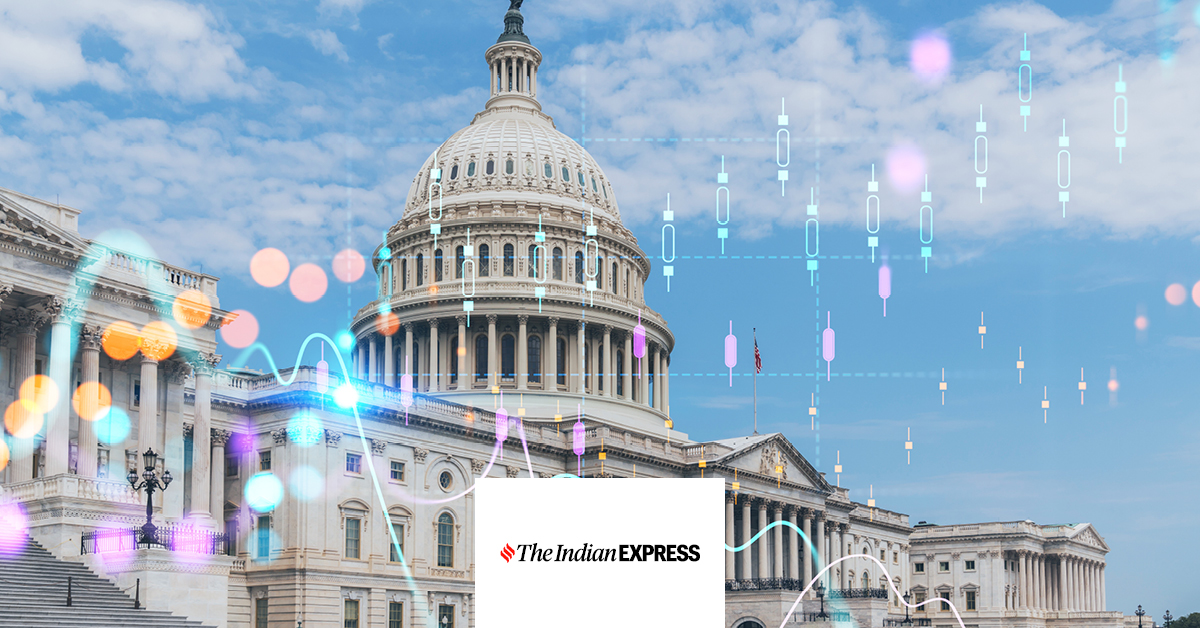
The first lesson you’d learn is that even the Chinese have given up on crude techniques like wholesale internet shutdowns.

As 2020 rolls around and more unicorns prepare to gallop into the public markets, it would be wise for investors to tease out these differences and the impact they have on a digital company’s value.

A new study looks at how prepared six African countries – Egypt, Ethiopia, Kenya, Nigeria, Rwanda, and South Africa – are for the digital revolution.

Which countries offer the best environments for digital businesses? Digital Planet’s Ease of Doing Digital Business report will tell you.
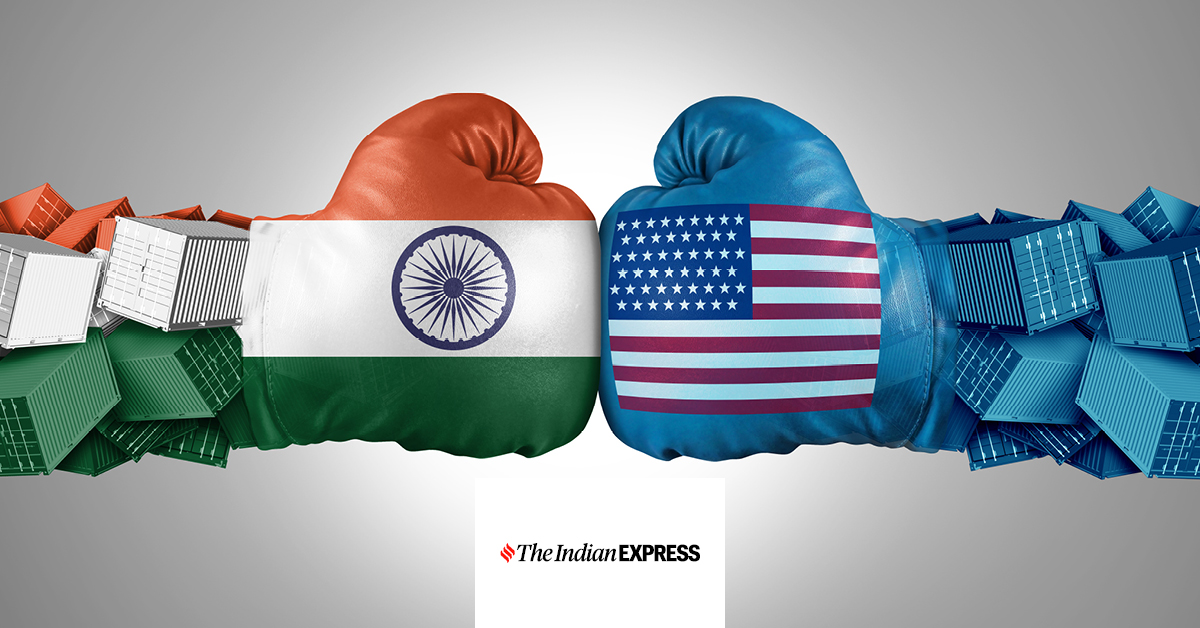
Can Jaishankar persuade U.S. authorities to recognize that immigration restrictions may not help Americans get jobs?

Indian millennials had been handed a political bonanza: Two terms of Modi, a leader they adore at home and in Houston; a muscular post-Article 370 India, which seems to have left a mark on relatively few millennial consciences; and demonetisation, a bad idea then, worse idea now, but popular nevertheless with the demographic.

Advocates and opponents of breaking up Facebook, Google and other technology giants are falling prey to some serious misconceptions.

Foreign powers eye US elections, focus on Elizabeth Warren’s tech-busting proposal to break up Big Tech. Global implications of digital dominance explored, China’s preference for disaggregated US rival noted.